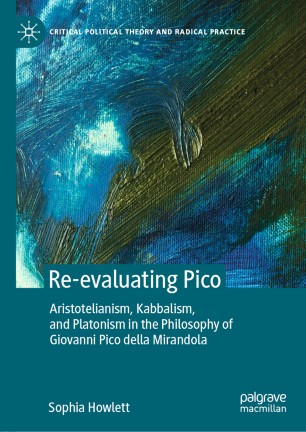

Most ebook files are in PDF format, so you can easily read them using various software such as Foxit Reader or directly on the Google Chrome browser.
Some ebook files are released by publishers in other formats such as .awz, .mobi, .epub, .fb2, etc. You may need to install specific software to read these formats on mobile/PC, such as Calibre.
Please read the tutorial at this link: https://ebookbell.com/faq
We offer FREE conversion to the popular formats you request; however, this may take some time. Therefore, right after payment, please email us, and we will try to provide the service as quickly as possible.
For some exceptional file formats or broken links (if any), please refrain from opening any disputes. Instead, email us first, and we will try to assist within a maximum of 6 hours.
EbookBell Team

0.0
0 reviewsThis book offers a re-evaluation of Giovanni Pico della Mirandola, the prominent Italian Renaissance philosopher and prince of Concord. It argues that Pico is part of a history of attempted concordance between philosophy and theology, reason and faith. His contribution is a syncretist theological philosophy based on Christianity, Platonism, Aristotelianism and Jewish Kabbalism. After an introduction, Chapter 2 discusses Pico’s career, his power-relations and his work, Chapters 3 and 4 place his three pillars of Platonism, Aristotelianism and Kabbalism in their historical context, examines shared histories, and introduces the scholars around Pico who contributed so much in each of these traditions (introducing, for example, Christian Kabbalism), including exploring Pico's complex relationship with Marsilio Ficino. Chapter 5 examines the problems of concordance within Pico’s cosmology and metaphysics, including the question of God and the role of the Intellect. Chapter 6 describes Pico’s ‘exceptionalist’ version of the mystical ascent as an individualized ascetic experience. Pico eschews the contemporary desire to use a renewed christian thinking or christian-classical metaphysics to change the world (towards a Golden Age or a 'second coming') to present a personal path to God, with no return to the world.